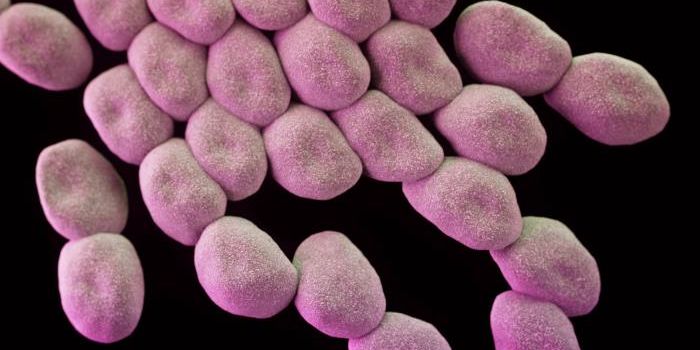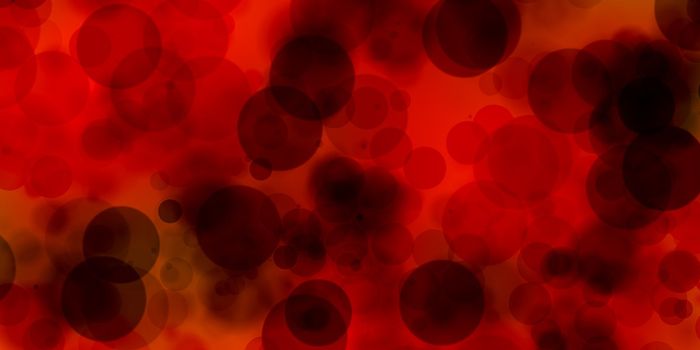Cell Atlas of Mosquito Immunology Reveals New Avenues for Eradicating Malaria
Malaria is one of the biggest ongoing threats to global health — over 200 million were infected and almost half a million lost their lives as a result of this mosquito-born parasitic disease in 2018 alone. Besides controlling the populations of these blood-sucking vectors, scientists are now turning to state-of-the-art genomic approaches to stop malarial transmission in a whole new way: from inside the mosquito.
The first breakthrough in this strategy came in the form of the first-ever atlas of all mosquito immune cells, recently published in the journal Science. This effort, led by an international team of researchers from the Wellcome Sanger Institute, the National Institutes of Health (NIH), and Umeå University in Sweden revealed rare immune cells and molecular pathways in mosquitoes that could hold the key to finally eradicating this devastating disease.
The creation of this immune map involved the analysis of over 8,500 mosquito immune cells, revealing an unprecedented glimpse into the complexity of the mosquito immune response following infection with the malaria-causing Plasmodium parasite.
“We have carried out the first-ever large scale survey of the mosquito immune system, and using single-cell sequencing technology we found immune cell types and cell states that had never been seen before,” said the study’s lead author Gianmarco Raddi. “We also looked at mosquitoes that were infected with the Plasmodium parasite and for the first time we’re able to study their immune response in molecular detail, and identify which cells and pathways were involved.”
Previous studies pointed to the potential of a concept called “immune priming”, whereby the activation of the mosquito immune system to attack the parasite could limit its transmission to humans. Fascinatingly, the team also uncovered a new mosquito immune cell — the Megacyte — which could act as a molecular trigger for immune priming in mosquitoes.
Senior author Oliver Billker, speaking on the significance of this discovery said, “This is the first time a specific mosquito cell type has been implicated in regulating the control of malaria infection and is a really exciting discovery.”
“We now need to carry out further studies to validate this and better understand these cells and their role”, Billker added.
Sources: Science, Technology Networks.









